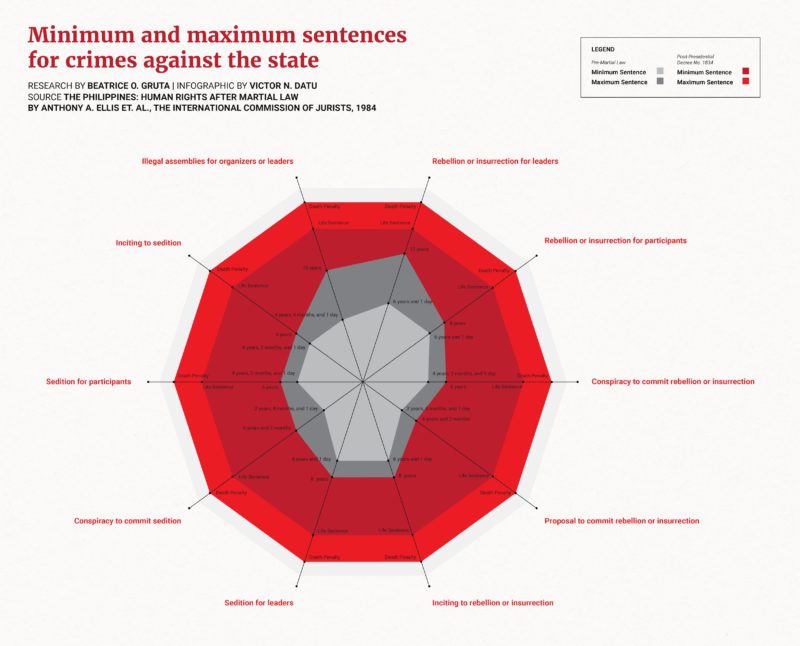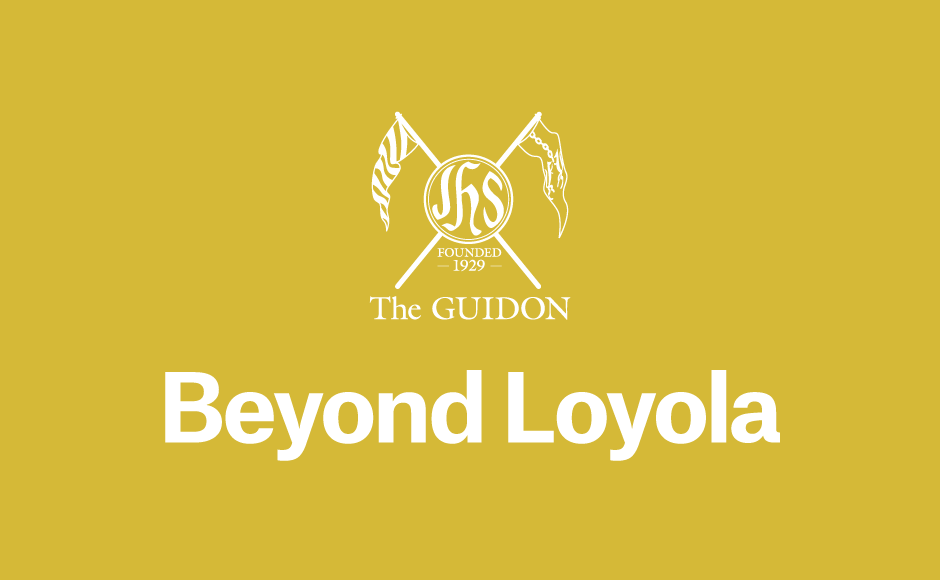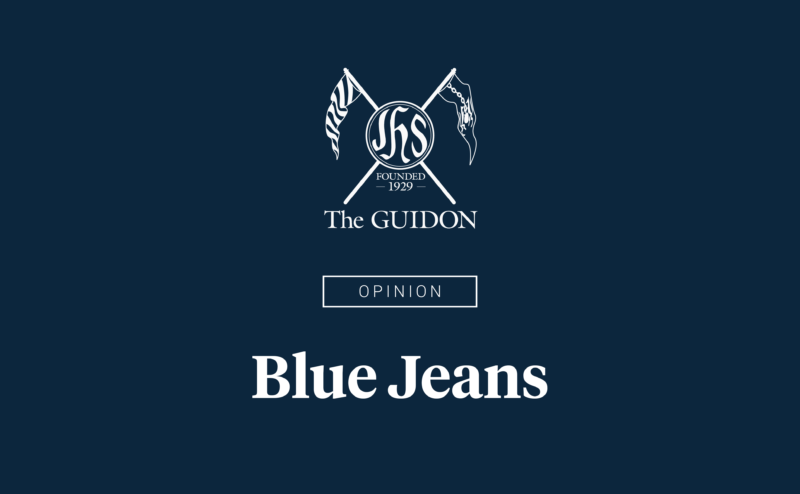On June 3, 1977, President Ferdinand Marcos denied the presence of political detainees in the country. With confidence, he declared that “we have not jailed people for the sake of jailing them.”
Indeed, political detainees have rights under martial rule. In his Letter of Instruction (LOI) No. 621, Marcos proclaimed that future arrests should respect the rights and dignities of persons. Martial law did not have the capacity to suspend the supremacy of the Constitution. Legal rights were afforded by detainees through the seemingly godsent LOI No. 621 that promised to treat them as rightful human beings.
Contrast this to the corpses that littered deserted canals, highways, and rivers. These carcasses carried familiar body parts, but for reasons unknown, a few things were missing. The cadavers lacked heads, arms, and legs.
It was clear to all Filipinos. The man was president in the morning but butcher at night–he was commander to his army of murderers in this nationwide slaughterhouse.
Welcome to the ‘living’ room
Marcos Martial Law: Never Again (2016), written by veteran journalist Raissa Robles, details the brutality of the Marcos regime. Twenty-year-old Michael was only entering a friend’s apartment when six armed men ambushed him and brought him into an isolated room that comprised of government agents from the notorious 5th Constabulary Security Unit (CSU). The CSU was known as the foremost anti-subversive group under the Philippine Constabulary.
No lawyer was available in this “tactical interrogation,” a Martial Law euphemism that meant torture. Michael’s testicles were whacked with rolled up bodybuilding magazines for him to reveal the whereabouts of a certain “first lieutenant.”
If the 1973 Constitution was followed, Michael would have had the right to remain silent and to obtain legal counsel. The agents would have identified themselves and read the arrest warrant to him. Additionally, Michael should have been brought to jail, instead of an unmarked safehouse. As the 1973 Constitution states, “No force, violence, threat, intimidation, and other means shall be used against him”.
In all of these, Marcos took great efforts to appear as if he was the vanguard of the law and a champion of the United Nations (UN) Universal Declaration of Human Rights (UDHR). Marcos even went as far as sponsoring the UN resolutions, when in reality, his promised New Society purposefully dehumanized its political detainees.
Meals from the ‘dirty kitchen’
“Salvage” which originally meant a “rescue,” took an entirely different connotation in the Martial Law era. “Salvaging” was then defined by the International Commission of Jurists as a “summary execution or extra-judicial, surreptitious, killing of individuals by the Armed Forces.”
During the Marcos regime, no Filipino was said to be safe from salvaging. Task Force Detainees of the Philippines reported a total of 1,473 salvage cases from 1980 to 1984. Moreover, American historian Alfred W. McCoy estimated that 3,257 cases of salvage happened throughout the entire Martial Law period, along with 35,000 victims tortured and 70,000 imprisoned.
The military was creative in their methods of inflicting pain and terror. Adding more to the horrendous Martial Law vocabulary, examples of torture techniques included the “Meralco,” which was considered by former Commission of Human Rights Chair Loretta Ann Rosales as the “worst, most painful, and most horrible.” She was electrocuted with wires wrapped around her toes and fingers.
Armed with unparalleled authority, officers of the Armed Forces and the Philippine Constabulary were able to commit crimes with impunity. Cases of sexual assault have plagued the period. Most notable is that of Erlene Dangoy who was only 16 years old when she was arrested.
After days of torture, Dangoy was brought to a room and was made to dance naked in front of the military men. The next day, one shouted at her, “You’re an animal! In spite of the beatings you’ve received, you’re still hard-headed!”
Dangoy sought help from human rights probers. “Two months after I was raped, I didn’t have my menstruation yet. I was afraid then that I might be pregnant. And I was not wrong. I conceived,” she says. Unable to bear the child of the man who defiled her, she gambled with her life to have an abortion procedure. After four months of captivity, she was finally released.
Basement ‘six feet under’
The slogan of the New Society read as follows: “Sa ikauunlad ng Bayan, disiplina ang kailangan (For the Nation’s progress, discipline is needed).” Marcos contradicts his supposed defense of human rights by reportedly saying, “I’m aware that there is torture and everything happens but this is part of the interrogation process.”
McCoy says that the goal of a nationwide slaughterhouse was to “break the bodies and wills of victims, destroy their self-esteem, humiliate and degrade them, making them feel utterly helpless and with no will of their own.”
However, the barbarity did not begin and conclude with Martial Law. On November 1983, two years after Martial Law was lifted, an infamous case of salvaging by the Armed Forces surfaced in Mindanao. Bodies of three young men were discovered to have eight to 14 gunshot wounds. One corpse was beheaded and another had broken limbs.
An investigation by the Integrated Bar of the Philippines Davao del Sur Chapter detailed that the burial was illegal as it lacked death certificates. Worse, it was considered unchristian and inhumane for the bodies to be merely dumped into the graves like rubbish.
After lifting martial rule in 1981, Marcos proclaimed that the dangers of subversion, sedition, and rebellion were significantly defused. Despite this, Presidential Decree No. 1834 raised the punishment for the crimes of rebellion, sedition, and illegal association to a minimum of a life sentence and a maximum of death. Most notably, when Martial Law was lifted, the sanctions were not reduced to pre-Martial Law levels.
Marcos the butcher, and his army of murderers, bypassed the UDHR and the Constitution by exercising their power as gods that wielded state-imposed rights to dishonor and desecrate their fellow Filipinos.





